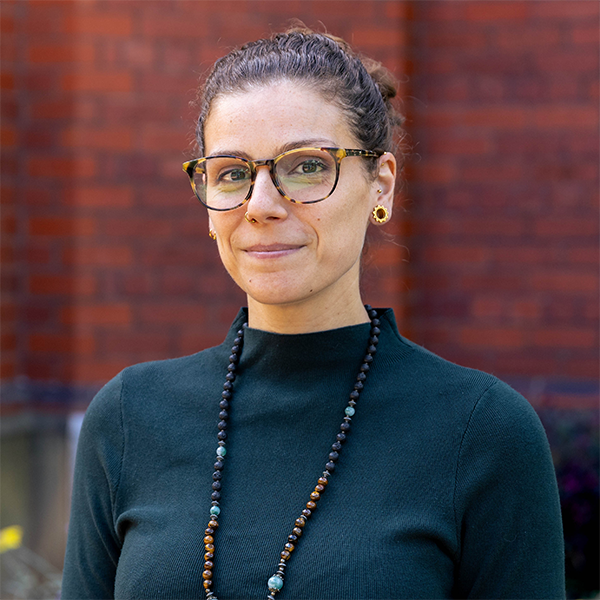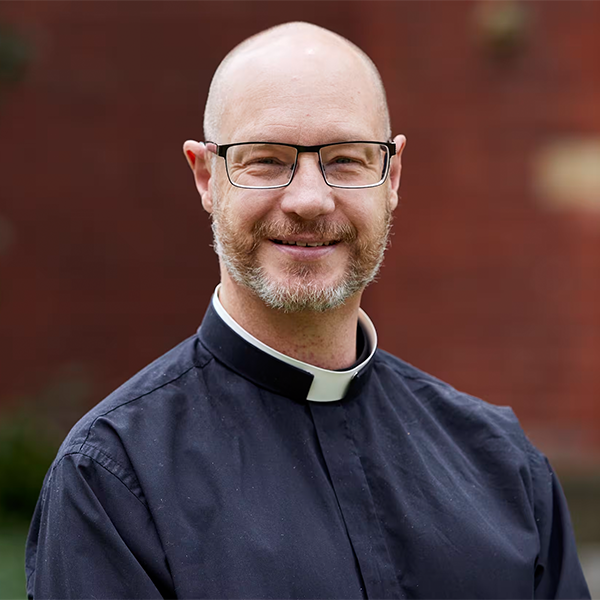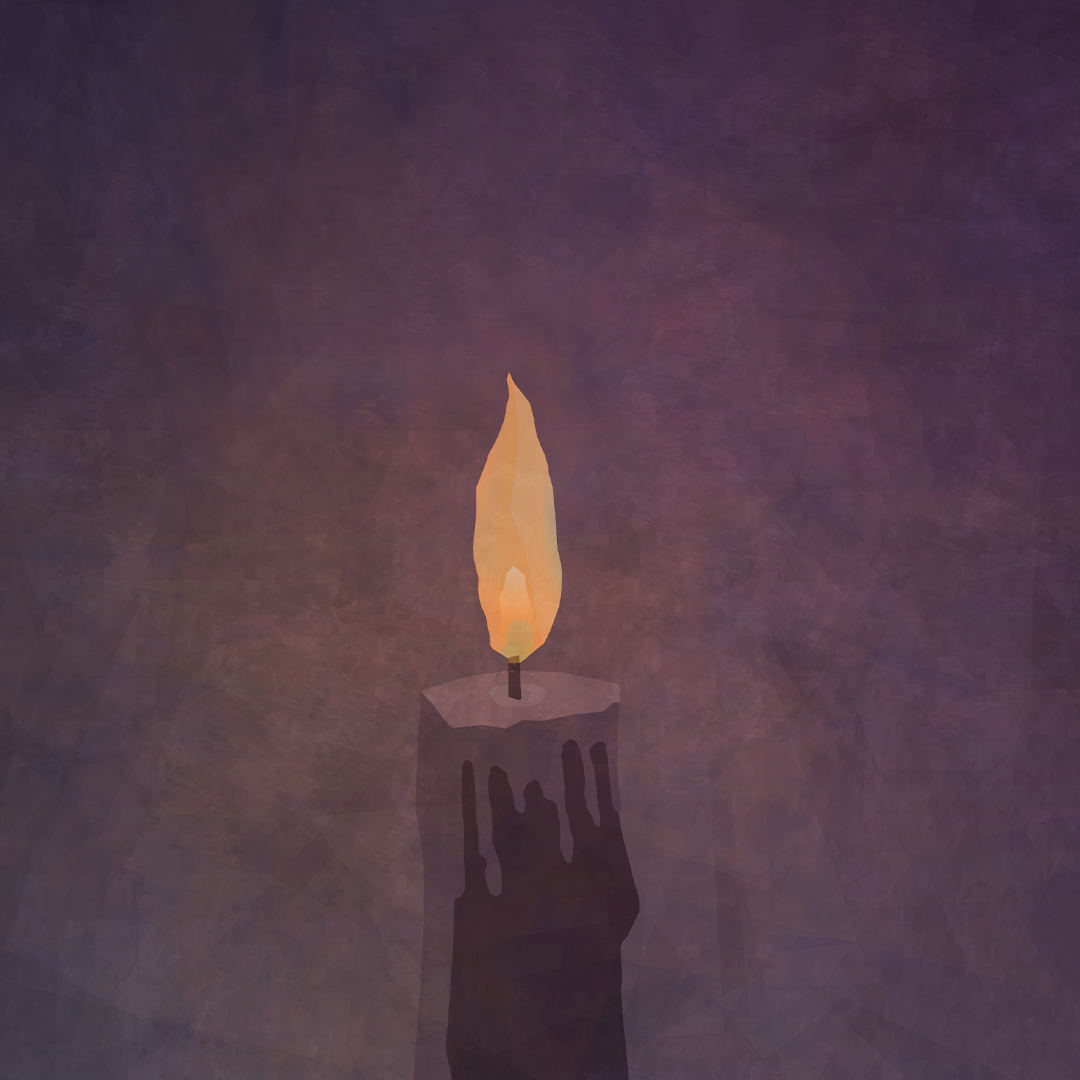

 Joining Trinity College Theological School in 2022, Laura will complete her PhD under the supervision of Dr Scott Kirkland, exploring theological aesthetics. More specifically, she will consider how we learn to see and perceive beauty. Laura will also look at the relationship between learning to perceive creation – and its beauty or ‘ugliness’ – and the process of becoming ‘beautiful’ people ourselves, and the way that influences how we care for our world, particularly in light of the climate crisis.
Joining Trinity College Theological School in 2022, Laura will complete her PhD under the supervision of Dr Scott Kirkland, exploring theological aesthetics. More specifically, she will consider how we learn to see and perceive beauty. Laura will also look at the relationship between learning to perceive creation – and its beauty or ‘ugliness’ – and the process of becoming ‘beautiful’ people ourselves, and the way that influences how we care for our world, particularly in light of the climate crisis.
Laura will use the work of Gregory of Nyssa, a 4th century bishop who writes about the process of learning to perceive beauty and becoming beautiful, to guide her study. She hopes to use his historical works to find insights that can be applied to modern challenges.
Laura was inspired to research this topic after studying the works of Emily Dickinson and Dostoevsky as part of an undergraduate English literature project that focused on beauty and its relationship to the Trinity.
Though both the topic and the idea of doing a PhD had long been of interest to her, it wasn’t until Laura did a Bible study during Melbourne’s long 2020 lockdown, looking at beauty for women and its relationship to God, that she felt a strong calling to do a PhD on the subject.
Raised in a Christian family, Laura always felt that her faith was intellectual and that it would hold up to her questions. She is a keen academic, having taught English literature and religious education at secondary schools, but says she didn’t have many women scholars to look up to within the church growing up.
‘[Doing a PhD] just wasn't on my radar at all until I went to college and had lots of female professors who just were wonderful, and then I was like, "Oh yes, this is something that I could do and someone that I could be.”’
She continues, ‘I think it can be a challenge [for women] to enter the academic world or any male-dominated world and feel like we have to approach our work in the same way as men do in order to compete and be noticed. And so, I think it is really important for women to enter academic spaces and have a sense of what it looks like to do this as a woman and not assume that the male way of doing things is the neutral, right, or typical way.’
When she finishes her PhD, Laura aspires to return to the classroom as a tertiary teacher. ‘I love the energy of the students, who help me to see things that I didn't see, and having that relationship – that dynamic of my own learning – and being able to bring that into the classroom to share it with others.’
Though Laura admits that there will likely be challenges along the way as she completes her research – especially juggling motherhood with intense study – she feels that everything is as it should be.
‘I've been amazed with this PhD, and with my masters as well, just how the Lord has worked things together in a way that I could not have imagined or thought of. It's been amazing and a challenge to give up that anxiety over what I'm going to do and how things are going to turn out. The Lord has me and everything else in His hands and I don't need to be anxious about it.’



